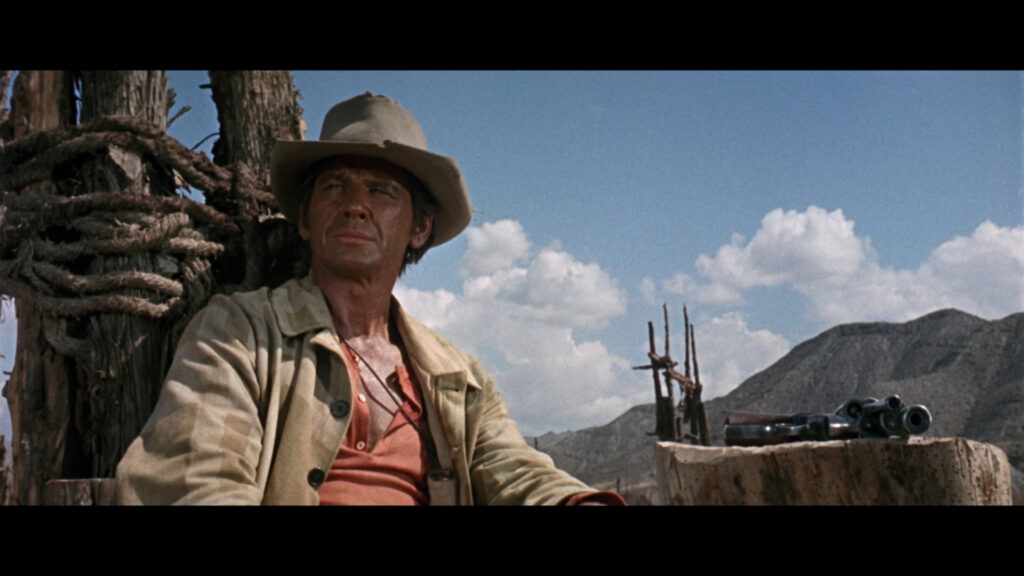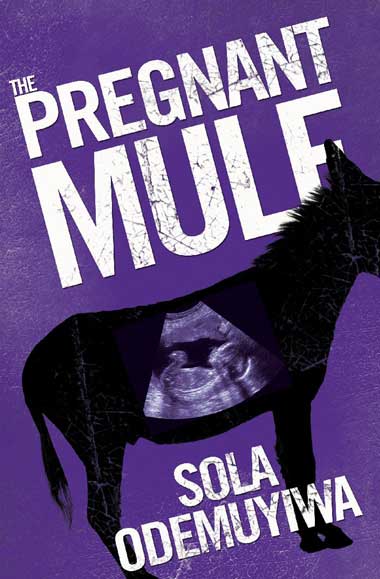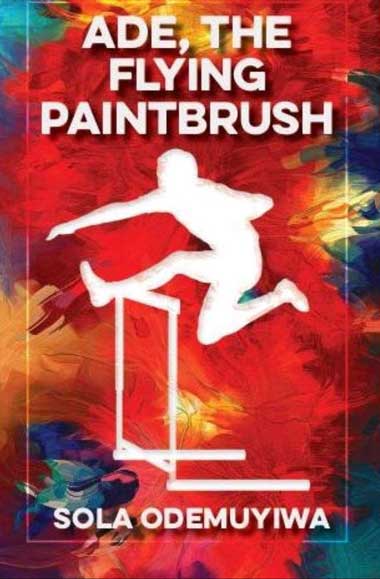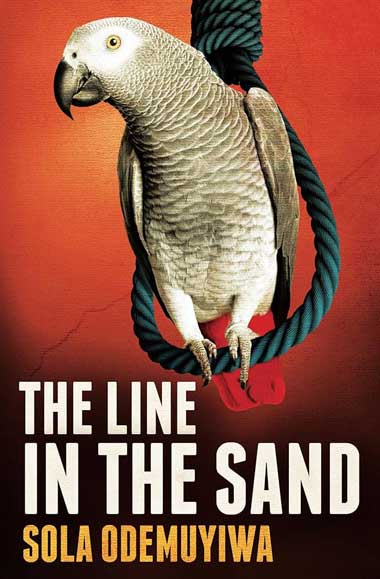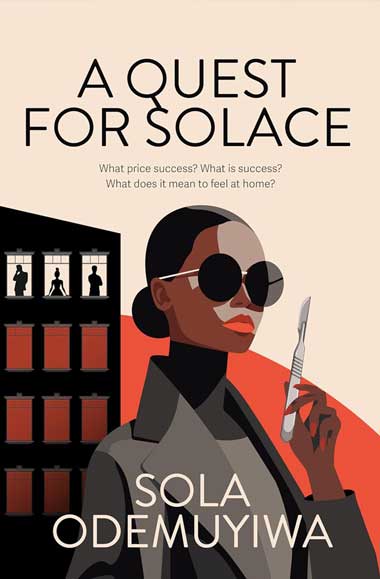Revenge burrows deep. In my novel, “The Line in the Sand,” Ambasi, the pastor tells the little girl, Dele Verity and his housekeeper, Antikath, about his torture at the hands of members of the ruthless junta.
‘We have to believe what they say that one day will be the Lord’s day,’ says Antikath in response.
‘That’s what teacher used to say. When’s the Lord going to stop them?’ says Dele.
‘His judgement cannot be rushed,’ says Ambasi.
‘My teacher said that too. But why didn’t he wait for the Lord instead of caning me when he caught me doing his duck walk in front of the class?’ says Dele.
‘Because life is too long,’ says Ambasi.
What Ambasi means is that we want redress here and now when we are wronged, or, as the wicked Sandman put it to Dele, ‘action and reaction must balance on this earth before the audit in the beyond of heaven.’ But the urge for revenge can also linger, like gamma rays after a nuclear explosion. Sometimes we are prepared to wait, even for generations. In the novel Sandman rapes Dele in revenge for what her family did to his in colonial times. When Dele grows up she in turn wants revenge.
“The Line in the Sand” was inspired by the Spaghetti Westerns I used to sneak out of school to watch under the smiling stars on worm-eaten benches in downtown Lagos. I remember Terence Hill in “They call me Trinity” and “Trinity is still my name” and will never forget my shock when, in the film “Django,” the hero’s hands are trampled by Rodriguez’s horses (a scene which may have given me the idea for what happened to Dele’s hands in her fight with Sandman); nor his thrilling and unexpected revenge. I did not realise the debt I owed to the genre and to Sergio Leone’s “Once upon a Time in the West,” one of my favourite films, until after the first draft of my novel. I found that I had also written about a widow, the cantankerous Mrs Lagbaja, who refuses to give up the rights to her land to a greedy conglomerate and that Dele had made several references to the movie during her quest for revenge. In one climactic scene she even calls herself Monica Harim, after Harmonica in the movie.
Perhaps I should have called “The Line in the Sand” an “African Western with parrots.”
